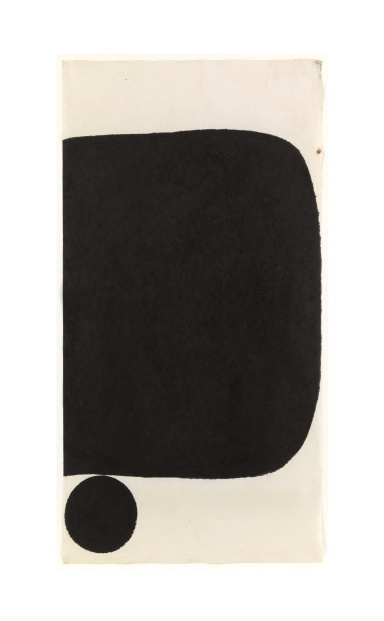God Wave by Carlos Lara

God Wave is “a book-length prose poem with no end punctuation,” composed of 51+ pages of 31 lines justified to both margins, with no capitalization other than “I.” Reading it, I sought some instrumental analogue for reference. Repetitive, muscular, dissonant alto saxophone (such as Evan Parker’s Conic Sections)? However, I found that music was not a useful analogue. Music has texture and rhythm, whereas Lara’s work is “no material.”
“No material” writing, in the context of God Wave, aspires to divest language of referentiality in favor of what Lara terms in an interview “the purely creative aspect of the purely creative aspect of language.” Thus, whatever memories and judgments come up in the work are not the reason for the writing; instead, they are the material becoming no-material, vehicles for the words’ flight towards a pure point of generativity:
I now address the subtitular epitome of divine relenting the restless list that begins with the makers the claim to electricity genealogy towards what one considers magnified imbalance the thought becomes a thought not the name of thought or the moment of an ethereal wave what is using the still mind still in its creation the still conclusion of thought in stilted speaking states of an atavistic mind nervously to cooperate etcetera mimicry of itself through cervantes to reincarnate something remembering everything it resembled without knowing anything & then it breaks one day & totality all over again process & trace & shadow & all the other parts it has a beginning that becomes every art & its placement in the world of things become art
Here, Lara speaks of something “using the still mind still in its creation,” a continuation of lines from God Wave’s exposition:
I had these lengthy open confusions about causing lush macabre in which case a wave of prescience in the veins only to have ability with hours to waken the pleasurable with idealess symptomatic grandiloquence that I am a hallway of broken facets of the world’s world to pass up
As a hallway of broken facets of the world “caught” in the wave of the work, the “I” is a vehicle through which material becoming no-material creates new imagery. “Macabre” underscores the work’s estrangement from “life” as it undergoes this transformation, as if it were narrated from death or somewhere else beyond the actual (“material”) present.
On that note, the “thought [that is] not the name of thought” described above is also not part of “the moment of an ethereal wave.” I hear a mocking tone here, a critique of the idea that writing can really belong to, or refer to anything other, than itself. The “truth” professed by God Wave is that any writing that believes it is in relation to the material present is delusional.
nothing in the slow sad or perfect very much world but our neurosis is at once to strike the softest blows of non-intention there to slow enigmas of god replication so what is real is what to you & on & on
I puzzled over the meaning of the word “wave” in the title of this book, which begins with the words “the wave as veil & veil of wave.” Is the writing all one wave? If so, the “wave as veil” would suggest that the work veils or conceals something beneath/within the wave. This is challenged and/or confused by the ensuing “veil of wave,” which says that the wave and the veil are the same thing--or, that the wave and the veil are nothing at all, just words producing images resistant to analysis.
As such, the right course of action would be to get caught in the “wave.” Doing so makes sense as the book was composed in a trance-like state. Readers should “trance into” the wave and experience its surge of imagery. However, tuning into the trance for the entirety of the 51 pages is quite difficult, at least in one sitting. This may admittedly be a “material” concern, but it nevertheless speaks to God Wave’s highly abstract “repetitious misanthropy.”
I found the work most inspiring or interesting when I pictured the words as a spark caroming in a void, “surfing impetuous helium plateaus all purple” as it’s put in the following sample:
& foolish infinite we cannot blame the we can about which the can part can only fantasize surfing impetuous helium plateaus all purple for denial is too a measured alhambra conduit to another such genius or deteuronomy puzzle such bad backgammon epistolary & smoke sustained a little imaginary omen at one time the bleeding or belonging miracle to attain within one’s self-element of faith the pure location of poetries dark marked by reaping sudden prosody oscillations breaths totality says a ripening animal wide-awake detailed in the beautiful blueness there is of catch darlings possessing ideal devouring circles
Looked at this way, the work has a pneumatic character, giving the impression that the relentless surge of language not only produces moments of dazzling imagery but also “toss[es] out isolated rosaries of the unseen.”
However, the truths transmitted by God Wave (language is an abstraction not tied to material reality, the writing I is a vehicle for the Outside to pass through) are not in themselves novel or groundbreaking. As if to say “the unseen has been seen before,” God Wave speeds forward.
Buy it here.

Comments
Post a Comment